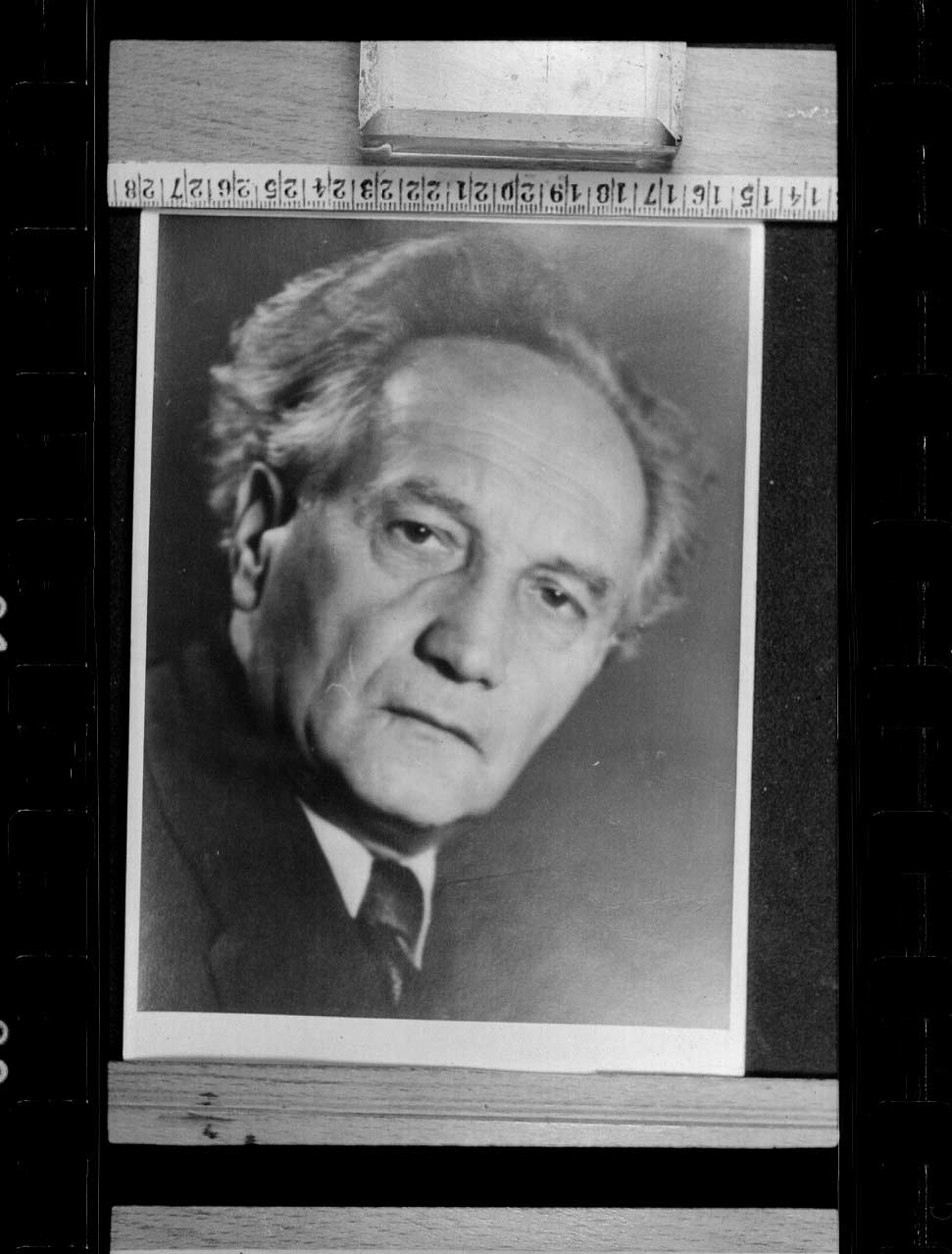
125 years ago (May 11th, 1896)one of the most important and original Yugoslav avant-garde composers of the 20ieth century was born:
His work is characterised by a kind of synthesis of late-romantic pattern and contemporary artistic expression, exploring the folklore and studying electronic music and acoustic laws. The diversity of these stylistic elements determined Slavenski’s musical poetics as authentic, at that time, very modern and new. As such, it came to misunderstandings and often contradictory critics by many contemporaries – conservatives considered his music as “chaotic” and progressives as “backward”.


















“...I do not care what they think about me and my work ... I, as a musician, ‘confess the truth!’ For me, the ‘pure octave’ is as important as my most hysterical ‘hyperdrive’. By illustrating the ‘Pagans’ or the ‘Buddhists’ or the ‘Macedonians’, I act as some kind of a ‘medium’, giving that ‘Stimmung’ or that ‘sound truth.’ Thus, it is understandable that there’s confusion and contradiction for those who think that everything should be ‘classified’ into comfortable patterns.”



Slavenski tried to find new forms of sounds in what he was surrounded by his earliest youth, in the folk song, in the sound of church bells or in the starry sky he watched during the breaks of night work at his father’s bakery in Čakovec.
“Looking at the stars sparked an indescribable curiosity in me about everything that is happening, bringing up the eternal question of ‘why’. For me, it brought up the spirit of knowing the truth, understanding the natural signs. In short – a great love for art and science.”



125 years ago (May 11th, 1896)one of the most important and original Yugoslav avant-garde composers of the 20ieth century was born:
His work is characterised by a kind of synthesis of late-romantic pattern and contemporary artistic expression, exploring the folklore and studying electronic music and acoustic laws. The diversity of these stylistic elements determined Slavenski’s musical poetics as authentic, at that time, very modern and new. As such, it came to misunderstandings and often contradictory critics by many contemporaries – conservatives considered his music as “chaotic” and progressives as “backward”.




















“...I do not care what they think about me and my work ... I, as a musician, ‘confess the truth!’ For me, the ‘pure octave’ is as important as my most hysterical ‘hyperdrive’. By illustrating the ‘Pagans’ or the ‘Buddhists’ or the ‘Macedonians’, I act as some kind of a ‘medium’, giving that ‘Stimmung’ or that ‘sound truth.’ Thus, it is understandable that there’s confusion and contradiction for those who think that everything should be ‘classified’ into comfortable patterns.”

Slavenski tried to find new forms of sounds in what he was surrounded by his earliest youth, in the folk song, in the sound of church bells or in the starry sky he watched during the breaks of night work at his father’s bakery in Čakovec.
“Looking at the stars sparked an indescribable curiosity in me about everything that is happening, bringing up the eternal question of ‘why’. For me, it brought up the spirit of knowing the truth, understanding the natural signs. In short – a great love for art and science.”

